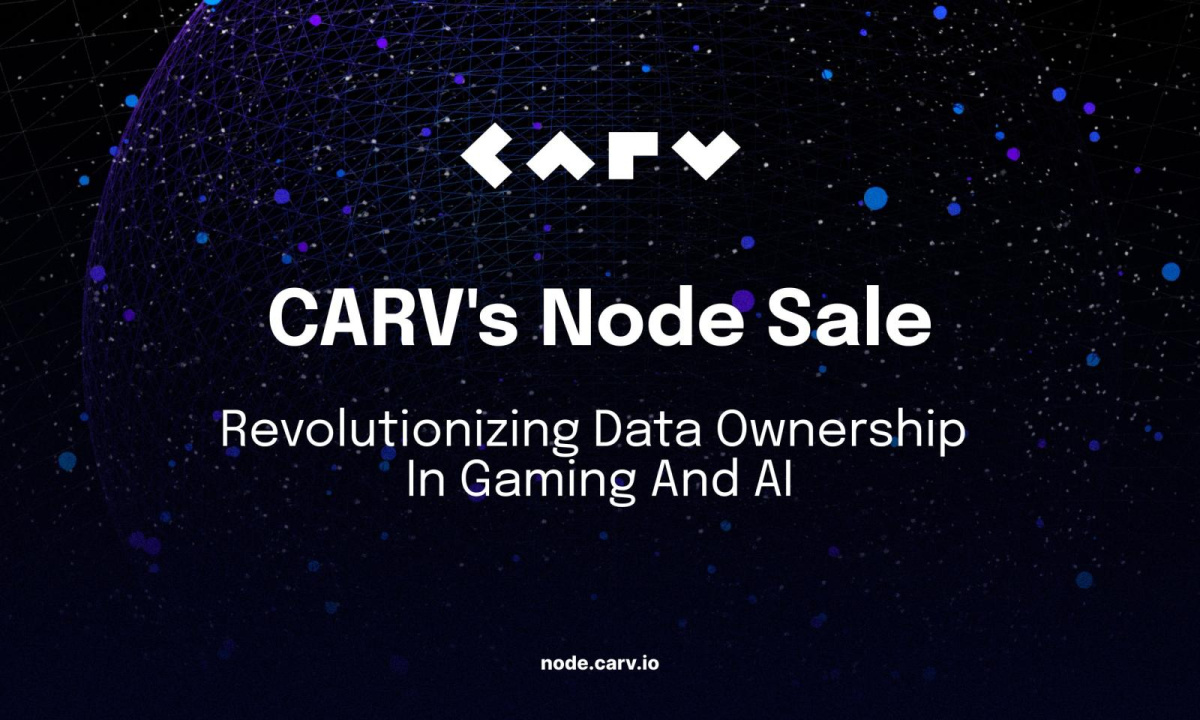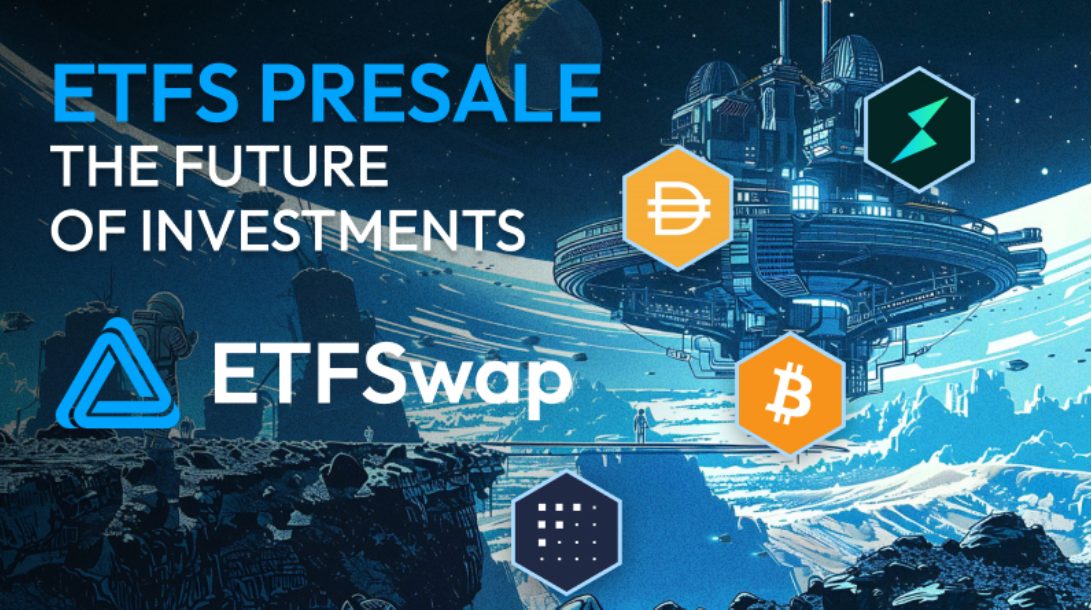Can Tornado Cash “Save Itself” After 4 Months Of Santraction?
OFAC has made it clear that all applications similar to Tornado Cash will be sanctioned by the United States, which undoubtedly dampens the enthusiasm of most engineers to develop privacy protocols, and inevitably makes people worry about the future of privacy applications.
OFAC targets Tornado Cash
Since its launching in August 2019, Tornado Cash has mingled over $7.6 billion worth of ether. It can be a workable solution for users who have a valid need for financial privacy, such as those who want to donate to political causes without disclosing their donation amounts or those who want to keep their wealth information private. However, cybercriminals looking to launder money find it appealing as well.
In particular, Tornado Cash’s role in the laundering of over. $455 million in cryptocurrency taken from Axie Infinity’s Ronin Bridge protocol by the. Lazarus Group hacking group, as well as its receipt of funds taken from Harmony Bridge and. Nomad Bridge in June and August of this year, were highlighted in Treasury‘s press release announcing the sanctions against the crypto mixer. The Democratic People’s Republic of Korea has been one of its main beneficiaries since. 2019, with roughly 30% of the monies sent through it being linked to illegal entities.
Since OFAC announced sanctions against Tornado Cash in August, some middleware providers that provide services for Tornado Cash, such as Infura and Alchemy, have also been scrutinized, resulting in users being unable to access their assets normally, and can only complete the interaction by manually setting the node configuration of the wallet, but there is a threshold for such manual configuration, which severely limits the number of Tornado Cash users.
In addition, the official website of Tornado Cash has also been offline. Users who want to access the website now need to use the method of direct access based on the IPFS protocol. Ordinary users who do not understand the technology are likely to give up using it.
Along with Tornado Cash, OFAC sanctions also include all Tornado Cash developers and code contributors. Tornado Cash’s GitHub has been deleted, Tornado Cash developer Alexey Pertsev has been jailed, and founder Roman Semenov’s GitHub account has been deactivated. Therefore, while users still have access to Tornado Cash, they cannot make code updates to it, nor can new developments be made. Deposit addresses, routing addresses, proxy addresses, and more are among the Tornado Cash addresses that OFAC listed in the designation.
Moreover, OFAC has also made it clear that all applications similar to Tornado Cash will be sanctioned by the United States, which undoubtedly extinguishes the enthusiasm of most engineers to develop privacy protocols and inevitably makes people worry about the future of privacy applications.
How does the platform “save” itself?
Before the sanctions, Tornado Cash used to be a central hub for crypto mixing services with great liquidity. However, weekly deposits and withdrawals to the protocol have both fallen by more than 90% since the sanctions were imposed.

It can be said that the current Tornado Cash is at a watershed. Whether to take legal risks to continue development or to “stay” for the time being, is a multiple-choice question that the Tornado Cash community is facing.
Recently, gozzy, a member of the Tornado Cash community, initiated a proposal, saying that he will assume the responsibility for the subsequent development of Tornado and continue to maintain related components of Tornado to promote community building and product development. But given gozzy’s lack of assistance at hand, the complexity of Tornado’s technology, and the high likelihood of legal risk.
gozzy expects the community to pay him a base salary of $240,000 per year, which will be distributed at a rate of about $60,000 per quarter through the Sablier stream. The community also needs to publish a proposal every quarter to decide how much salary will be paid in the next quarter. In addition to salary information, gozzy also listed his work experience and the responsibilities he will assume. After three days of community voting, with 81% support, the proposal was finally passed.
The day after the proposal was passed, gozzy began to update how users log in to the website using ENS and IPFS resolvers and released part of the Tornado Cash roadmap. As can be seen from the roadmap, gozzy’s current priority is to restore Tornado Cash’s front-end and repeater connections.
Judging from the current feedback, the community is generally optimistic about gozzy’s proposal. gozzy seems to be very interested in anonymous transfers and privacy security. He once built a censorship-resistant eth.limo (a privacy-preserving ENS gateway) replacement that can start a Tor hidden service for each ENS domain name pointing to IPFS content.
That is a website that protects user privacy. It’s all some pretty hardcore engineering and privacy technology that has helped Firn Protocol, an anonymous payment protocol, whose users can now use the protocol without censorship. This technology is also considered by the community to be beneficial to the entire Ethereum community.
In fact, this is not the first time the Tornado Cash community has rescued itself. Not long after Tornado was sanctioned, some community members suggested forking Tornado Cash and using the code of the protocol to create other variants of the service to further decentralize the privacy of users when using encrypted currency mixing services. However, this alternative version of the agreement has no way to improve liquidity, and it also cannot solve the risk of being sanctioned, so it is nothing.
Prior to this, an active participant in the Tornado DAO also put forward a proposal titled “Saving Tornado Cash: Formally Challenging the US Treasury’s Sanctions.” The proposal recommends that Tornado DAO raise funds on behalf of Tornado Cash and hire a legal team to fight the sanctions. It also calls on Tornado DAO to launch a legal challenge to the U.S. Supreme Court if necessary. But in the end, because it was “unable to compete with the United States” and the contributors were afraid of being sued and failing, the Tornado DAO was closed to protect the safety of community members.
It can be seen that the first two self-rescue results of Tornado Cash were not satisfactory. Although the adoption of this proposal has received strong support from the community, developers will still face sanctions and severe legal uncertainties. Will Tornado DAO continue to operate in accordance with the wishes of the community? This will be the next big challenge for gozzy and the entire Tornado Cash community.
DISCLAIMER: The Information on this website is provided as general market commentary and does not constitute investment advice. We encourage you to do your own research before investing.
Join us to keep track of news: https://linktr.ee/coincu
Harold
Coincu News























